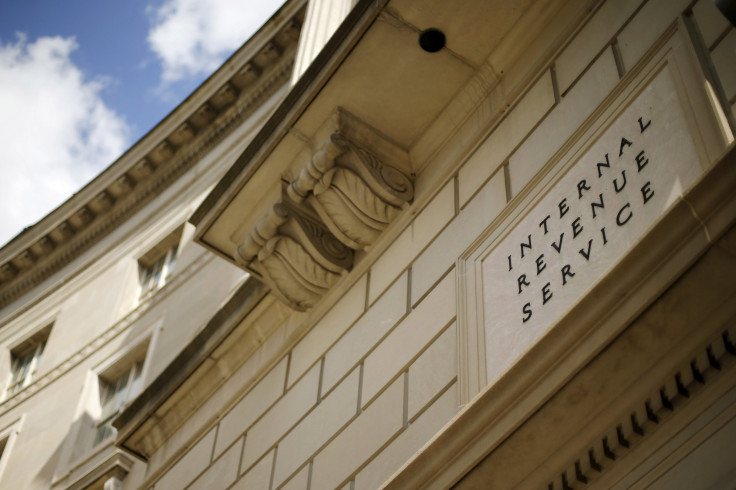US Coronavirus Stimulus Checks Were Sent Starting Thursday, Some To Arrive September

KEY POINTS
- The IRS said it will begin sending electronic stimulus checks to Americans starting April 9
- Some Americans will receive their physical checks in the mail
- Unfortunately, a few might receive their checks only in September
Americans with direct deposit arrangements will start receiving their $1,200 coronavirus stimulus checks electronically from the Internal Revenue Service (IRS) as early as the middle of next week. On the other hand, some Americans won’t receive their paper checks in the mail until September, which is five months away.
The Department of Treasury, of which the IRS is a part, Thursday announced “the overwhelming majority of eligible Americans” will receive their stimulus payments within the next three weeks, the Washington Post reported. It estimates 50 million to 70 million Americans might receive checks through direct deposit by April 15.
The electronic checks will be sent from April 9 to April 14 at the latest, said the IRS. Eight in 10 taxpayers have signed up for direct deposit payments for their past tax refunds, meaning they'll get their checks first because electronic payments can be sent quickly. Treasury Secretary Steve Mnuchin previously said he expects most Americans to get their checks by April 17.
On the other hand, the IRS must print paper checks and mail them separately to millions of other Americans in a time-consuming process. It must print and mail paper checks to Americans that haven't signed up to electronically file their taxes. It expects these people to start receiving their checks after April 24, when about $30 million in paper checks are scheduled to be mailed. The IRS said it will first distribute paper checks to the lowest-income Americans. It plans to mail five million checks each week.
Those with incomes of up to $40,000 will be sent their checks starting May 15. This pattern will continue in income increments of $10,000 every week. Joint taxpayers earning $198,000 (the maximum allowed under the stimulus) will be mailed their checks on Sept. 4. All other checks will be sent on Sept. 11. The IRS said this lengthy delay is because it doesn't have prior tax information from these people. These taxpayers also need to apply for the checks.
American adults earning less than $75,000 a year will receive a $1,200 payment, and an additional $500 per child. The payment will be phased out for Americans receiving more than that. Under the CARES law, adults earning more than $99,000 will not receive the benefit. Treasury said some 145 million Americans are eligible for stimulus checks.
“If we have your (bank) information you’ll get it within two weeks,” said Mnuchin. “Social Security, you’ll get it very quickly after that. If we don’t have your information you’ll have a simple web portal, we’ll upload it. If we don’t have that, we’ll send you checks in the mail.”
“In this environment, we don’t want to send checks and we want to put money directly into (taxpayers’) accounts.”

© Copyright IBTimes 2025. All rights reserved.





















